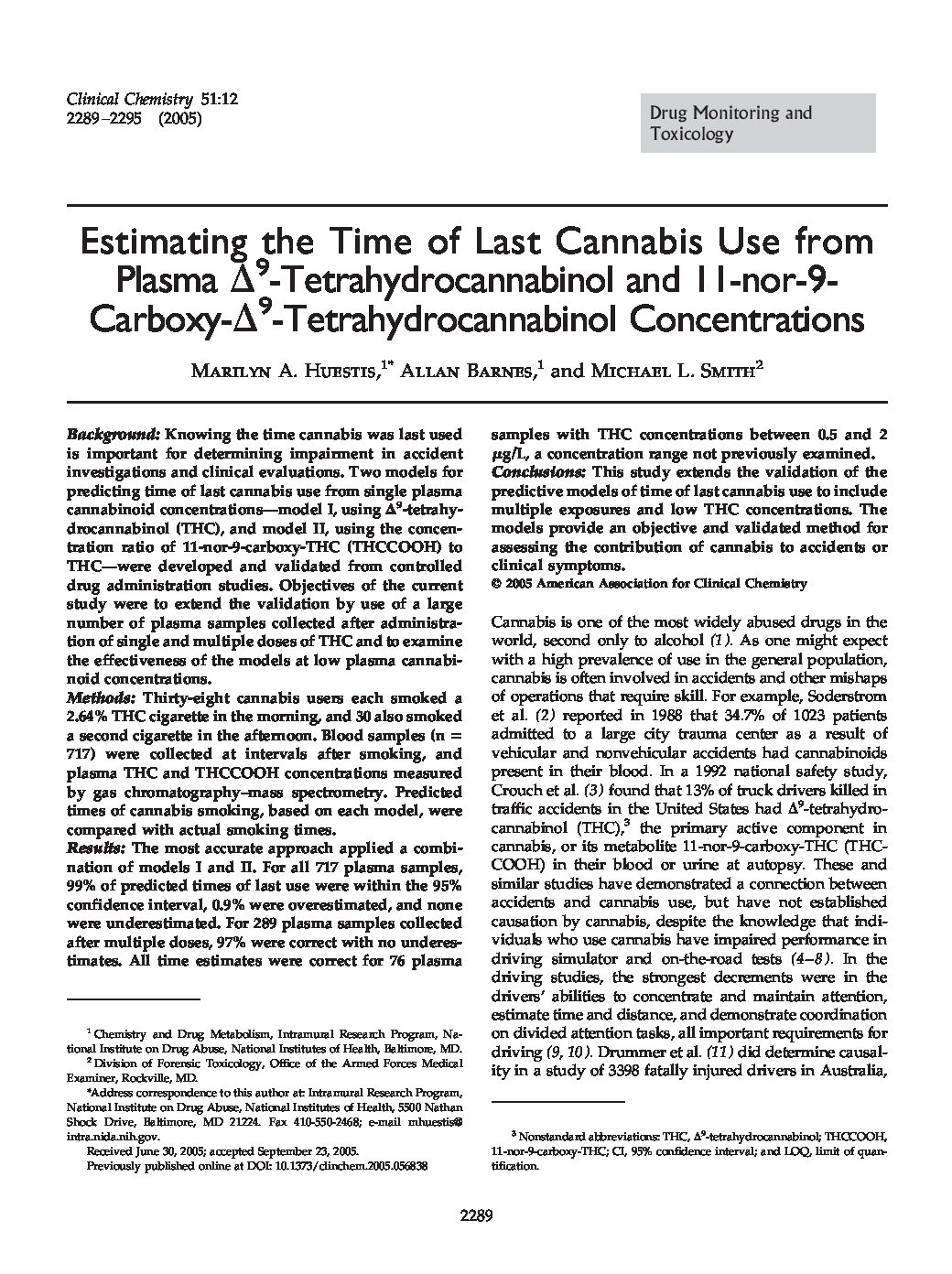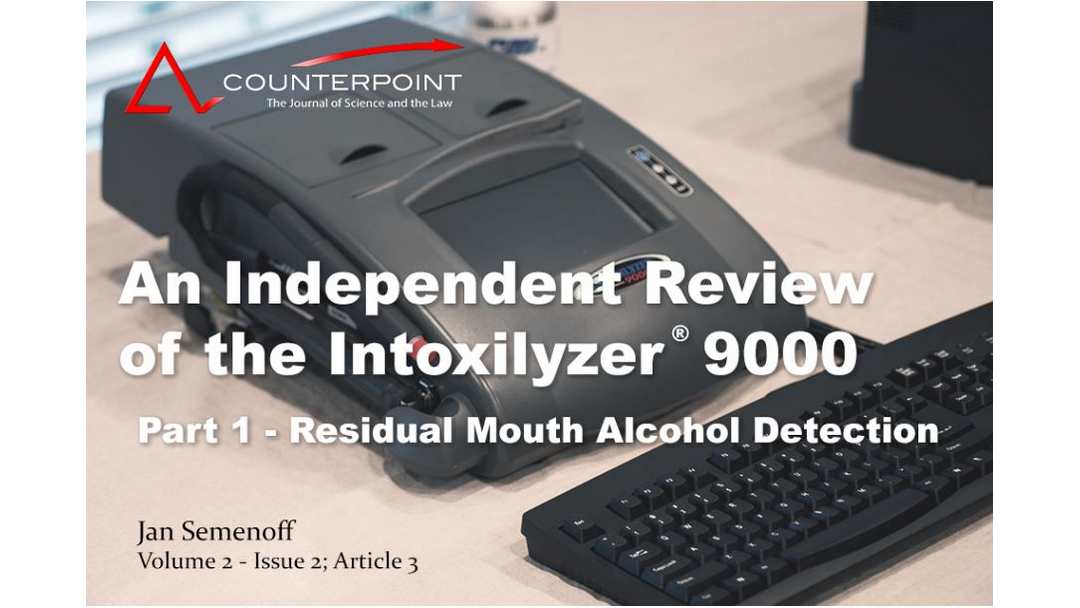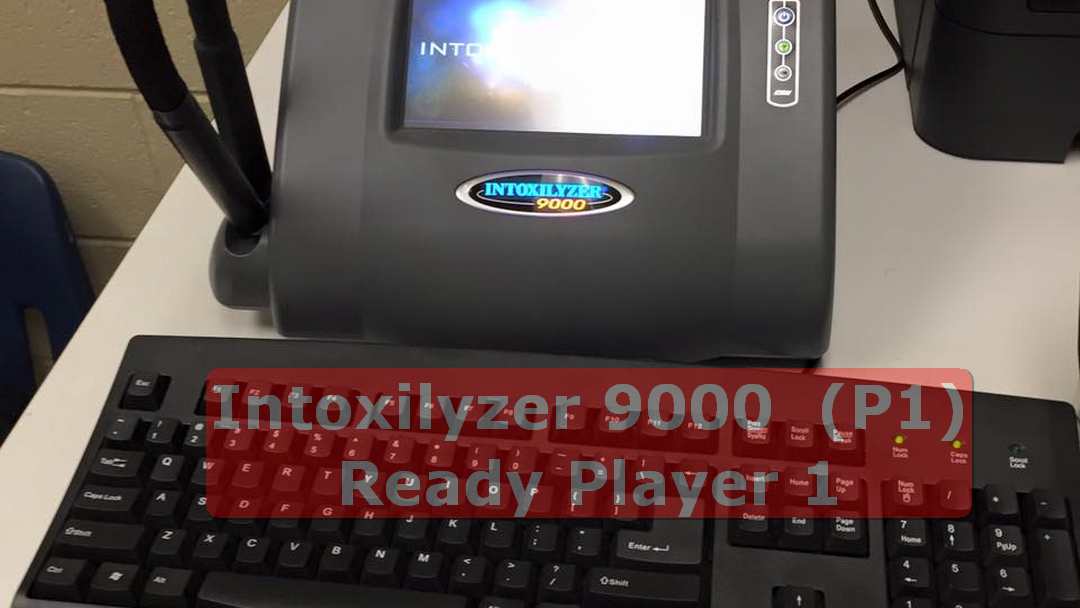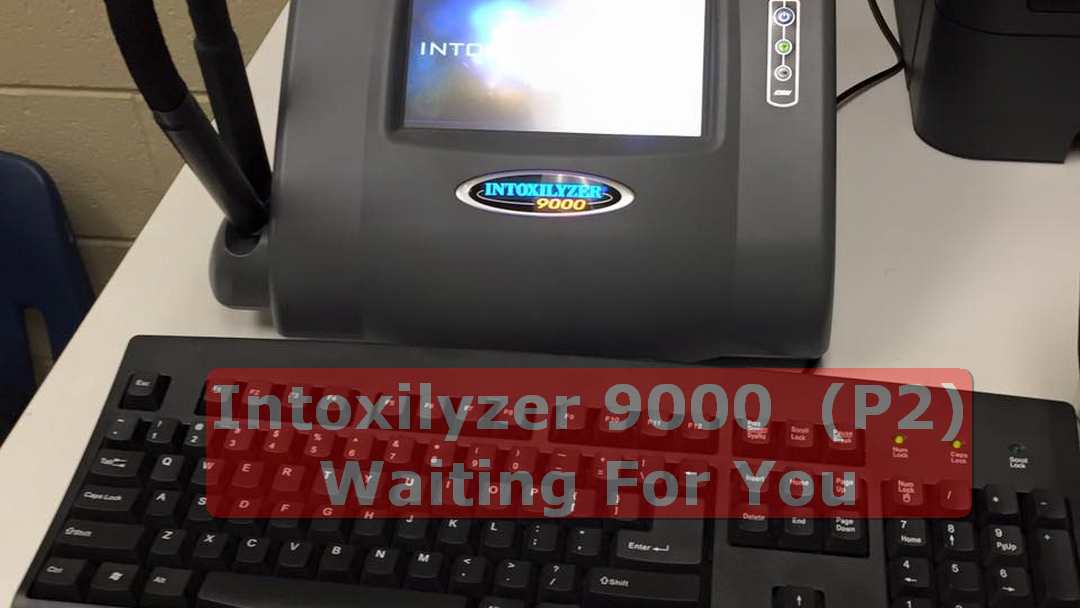This randomized clinical trial investigates the accuracy of field sobriety tests administered by law enforcement officers to assess functional impairment and driving performance among individuals who have smoked cannabis. Question How accurate are field sobriety tests...
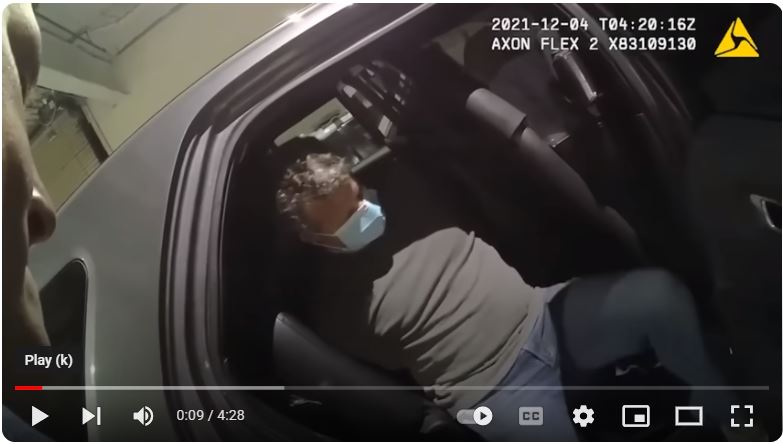
400K settlement after being arrested for a DUI, even though he passed breath and blood tests
A Colorado man is poised to receive a $400,000 settlement from city authorities after being wrongfully arrested for a DUI, even though he had passed both a breath and blood test.
According to the complaint, Elias was driving southbound on College Avenue in Fort Collins around 10:30 p.m. on Jan. 4, 2020. He was heading home after leaving his girlfriend’s house following a dinner party. Upon passing the intersection of Swallow Road and College Avenue, he slowed down to ensure he hadn’t missed his intended turn to the east.
After realizing he had not missed his turn, he accelerated again but observed a car following closely in an aggressive manner.
According to the complaint, Elias then signaled a lane change to the left lane, aiming to clear the driver’s path. It is mentioned that he executed the lane change normally, lawfully, and without encountering any issues.
Gates, who was driving the car, was working that night as a member of the then-recently formed Reduce All Impaired Driving inter-police agency task force looking for drunk or impaired drivers.
The complaint claims that Gates had been roving the streets of Larimer County that night “with the sole task of looking for and charging citizens with DUIs.”
“Gates does so because this is one of the most difficult allegations to disprove, given that Loveland PD does not employ dash cams (only bodycams) and so never capture the arrested individual’s actual driving,” the complaint reads.
Gates allegedly then began to question Elias on whether he had been drinking that night.
According to the complaint Elias was taken aback by this but remained steadfast that he had not committed a violation.
Gates then allegedly said he could smell an “overwhelming odor of alcohol” coming from the vehicle — the complaint disputes this claim.
Following continued questions, Elias invoked his right to remain silent and said he was not going to answer Gates’ questions.
The complaint claims that Gates did not have probable cause to continue to detain Elias at this point.
“But Officer Gates worked at the Loveland Police Department,” the complaint reads. “And LPD had a custom for the treatment of any person who refused to submit to their authority and questioning: They would be arrested.”
Elias declined to participate in a roadside test and made it clear that he would not provide any answers to Gates’ inquiries, as stated in the complaint.
He was subsequently taken to the nearby police station on suspicion of driving under the influence, according to the information provided. It is important to note that no drugs or alcohol were discovered in Elias’ vehicle, as stated in the lawsuit.
Elias’s breath test at the station yielded a 0% blood alcohol content reading, as stated in the lawsuit.
“I’m not going to play this game,” Gates told Elias, per bodycam footage posted by Elias’ attorney.
“I’m not playing a game, this is my freedom you’re talking about,” Elias responded.
Police then instructed Elias to undergo a blood test, which, according to the lawsuit, yielded negative results for all substances tested in March 2020.
Elias underwent an investigation of his pilot’s license by the Federal Aviation Administration due to the DUI arrest, as stated in the complaint.
Allegations have been made regarding Loveland Police Department officers engaging in a competitive environment amongst themselves and with other police departments, focusing on the number of DUI arrests made.
Elias’ attorney Sarah Schielke cited social media posts from a Facebook page, Mothers Against Drunk Driving, which promoted a timed competition for the most DUI arrests between departments.
Schielke has shared screenshots of an independent assessment conducted by Jensen Hughes, a private consultancy firm, in 2021.
According to the assessment, it was stated that officers from the Loveland Police Department prioritize DUI arrests over attending to other calls.
Elias’ attorney Sarah Schielke released a YouTube video.
Have you been arrested or charged with DUI?
Charged with a Crime?
Lost Your License?
Conspiracy or CCE?
Thought Crimes?
Call Our Office for a Free Case Evaluation
Notably, Elias claims to have experienced another unjust DUI arrest in Fort Collins, a neighboring municipality to Loveland.
A separate lawsuit he filed against Fort Collins officers in May stated that he was arrested on December 2, 2021 and subsequently spent three days in jail, once again on suspicion of a DUI offense.
He had also successfully undergone a breath test and blood test, with both yielding negative results.
Elias had a child abuse report filed against him by an officer because his 15-year-old son was in his car, and he was prohibited by a judge from driving anyone under 18 for that time period, according to the lawsuit.
When Elias’ test results returned negative weeks later, the lawsuit stated that the case was dismissed.
It also alleges that the Fort Collins Police Department fosters a culture of vying for DUI arrests.
It’s remarkable that it happened to me twice,” Elias shared with CBS News. “I find it surprising that more individuals didn’t experience it twice. Their sole concern seemed to be adding another tally to their list, and I just happened to pass by on two occasions.
Read More Here: The Reporter Herald
Here are some YouTube videos regarding the case
He’s Not Alone !!
Then there is the other side of it all
DISCLAIMER
This post may contain re-posted content, opinions, comments, ads, third party posts, outdated information, posts from disgruntled persons, posts from those with agendas and general internet BS. Therefore…Before you believe anything on the internet regarding anything – do your research on Official Government and State Sites, Call the Michigan State Police, Check the State Attorney General Website and Consult an Attorney – Use Your Brain.

Evaluation of Field Sobriety Tests for Identifying Drivers Under the Influence of Cannabis

THC Detection in Blood: Challenges and Implications
THC Detection in Blood: Challenges and Implications When it comes to enforcing drugged driving laws, police and employers face a unique challenge with marijuana. Unlike alcohol, which is metabolized and eliminated relatively quickly, THC, the psychoactive compound in...
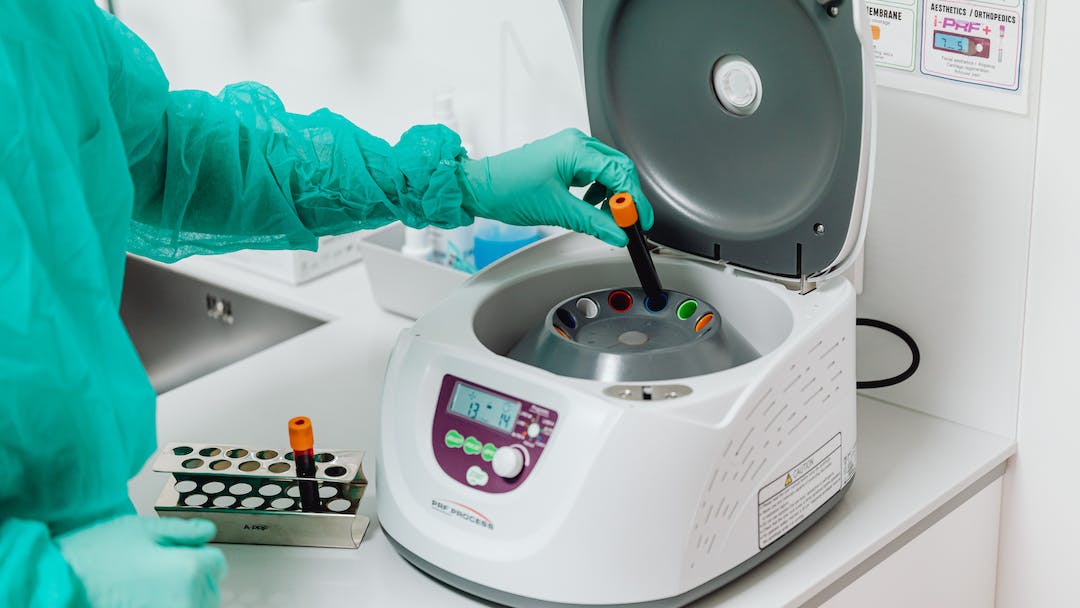
THC Detection in Blood: A Comprehensive Review
THC Detection in Blood: A Comprehensive Review Tetrahydrocannabinol (THC), the main psychoactive compound in marijuana, can remain detectable in the blood for several days or even weeks after use. This is due to the fact that THC is highly fat-soluble, meaning that it...



Ignition Interlock Devices – What you should know
Ignition interlock devices (IIDs) are becoming increasingly common in the state of Michigan. An IID is a device that is installed in a vehicle and prevents the engine from starting unless the driver blows a breathalyzer test and their blood alcohol content (BAC) is...



Can I have open alcohol in a trailer that is being pulled on the road?
Question: Can I have open alcohol in a trailer or camper that is being pulled on the road? Answer: In most instances transporting or possession of open intoxicants in a vehicle is not permitted. MCL 257.624a states in part, "a person who is an operator or occupant...



Charged with DUI from Cannabis and this Ends up on the Report
So you got pulled over and charged with DUI from Cannabis use and this ends up on the report 11-Nor-9-carboxy-Δ9-tetrahydrocannabinol (11-COOH-THC or THC-COOH) as part of the test results. What is it?? Here's what they say...



